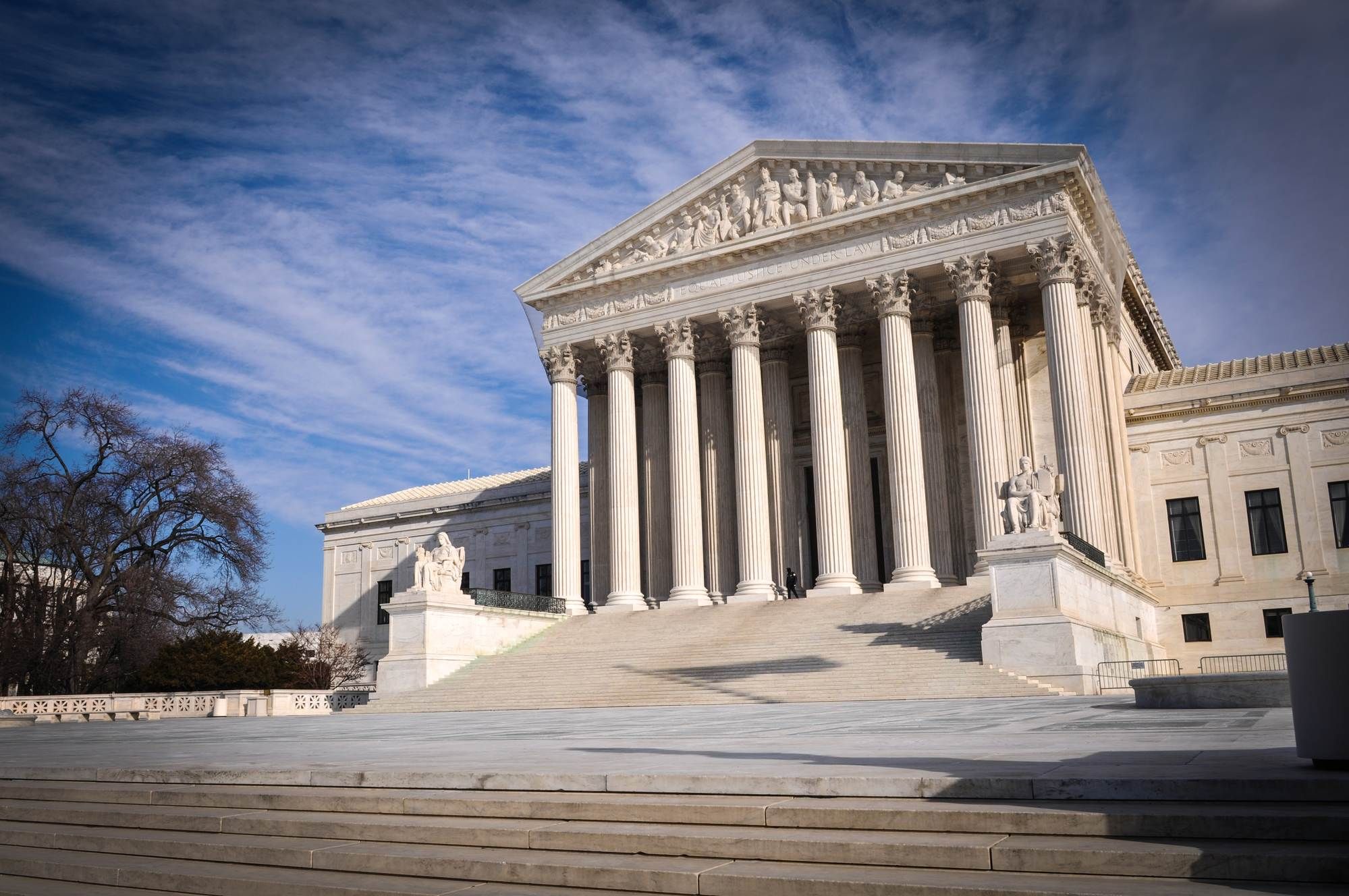Top Class Actions’s website and social media posts use affiliate links. If you make a purchase using such links, we may receive a commission, but it will not result in any additional charges to you. Please review our Affiliate Link Disclosure for more information.
Federal debt collectors trying to recover money owed on student loans, mortgages and small business loans won’t be able to use robocalls to do it anymore, thanks to the U.S. Supreme Court’s recent ruling.
In a 6-3 decision handed down July 6, the court upheld the ban against robocalling set out in the Telephone Consumer Protection Act and struck down as unconstitutional a 2015 amendment that carved out an exception for federal debt collectors, according to National Public Radio.
Robocalls are generally defined as those generated by automated dialing systems and featuring prerecorded voice messages.
A group of political consultants initiated the case, arguing the law, with the 2015 exception for federal debt collections, was unfair and violated the free speech protections in the First Amendment. Campaigns have increasingly turned to robocalling and automated text messaging to engage voters and cultivate support for candidates and causes. Several have been sued because of it.
Though they won the argument over the fairness of the amendment, the political consultants failed to convince the Court the entire Telephone Consumer Protection Act is unconstitutional. Their challenge, ultimately, reinforced the original total robocall ban.
Telephone Consumer Protection Act Background
Congress passed the Telephone Consumer Protection Act, or TCPA, in 1991 at a time when most Americans had grown weary of and were calling for an end to the practice of robocalling – making unsolicited automated phone calls to people using pre-recorded voice messages instead of live callers.
The law restricts the use of automatic telephone dialing systems, artificial or prerecorded voice messages and now text messages, and requires entities making telephone solicitors to maintain do-not-call lists.
Lawmakers assigned the Federal Communications Commission, or FCC, to enforce the act.
In 2012, responding to new technology and marketing trends, the FCC began requiring businesses and organizations of any kind “to obtain prior express written consent from consumers before robocalling or texting them.”
In 2015, Congress passed the Bipartisan Budget Act, which included an amendment to the TCPA that would permit robocalls made in pursuit of collecting debt owed to or guaranteed by the federal government.These loans might include FHA mortgages, federal student loans, VA loans, or SBA loans.
Exception to Robocall Ban Challenged
Shortly after its passage, the TCPA amendment was challenged by the American Association of Political Consultants, which filed a lawsuit against the government, according to reporting by The Atlantic magazine. In its court briefings, the association described itself as being comprised of members who run political campaigns and advise political groups — people who regularly “make calls to discuss candidates and issues, solicit candidate donations, conduct polls on political and policy issues, encourage voters to return their ballots, and organize ‘get out the vote’ efforts.”
The Oregon and Washington state Democratic parties and a group of political pollsters later joined in the First Amendment lawsuit against the robocall ban.

The justices heard oral arguments in the robocall ban case on May 7, via telephone due to the ongoing coronavirus pandemic, and issued their ruling nearly two months later.
Justice Brett Kavanaugh wrote the majority opinion, saying “Congress has impermissibly favored debt-collection speech over political and other speech, in violation of the First Amendment … (but political groups) still may not make political robocalls to cell phones.”
Chief Justice John Roberts and Justice Samuel Alito agreed with the Kavanaugh opinion, and Justice Clarence Thomas agreed in part. Justice Sonia Sotomayor wrote a separate opinion reaching the same conclusion but for slightly different reasons.
Justice Neil Gorsuch largely agreed with Kavanaugh but did not agree that the exception should be voided and severed. The correct remedy would be to grant the plaintiffs an injunction preventing its enforcement against them, he concluded.
Justices Stephen Breyer, Ruth Bader Ginsburg and Elena Kagan cast dissenting votes, though agreed with parts of the majority’s opinion, National Public Radio reported.
Join a Free TCPA Class Action Lawsuit Investigation
If you were contacted on your cell phone by a company via an unsolicited text message (text spam) or prerecorded voice message (robocall), you may be eligible for compensation under the Telephone Consumer Protection Act.
This article is not legal advice. It is presented
for informational purposes only.
ATTORNEY ADVERTISING
Top Class Actions is a Proud Member of the American Bar Association
LEGAL INFORMATION IS NOT LEGAL ADVICE
Top Class Actions Legal Statement
©2008 – 2024 Top Class Actions® LLC
Various Trademarks held by their respective owners
This website is not intended for viewing or usage by European Union citizens.















